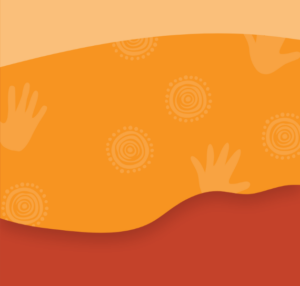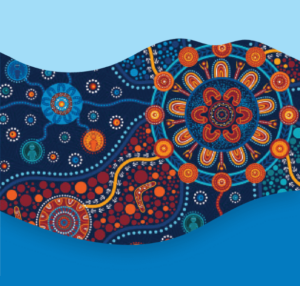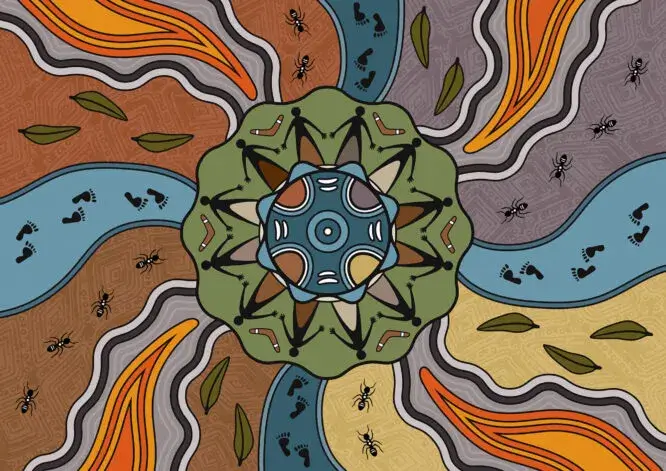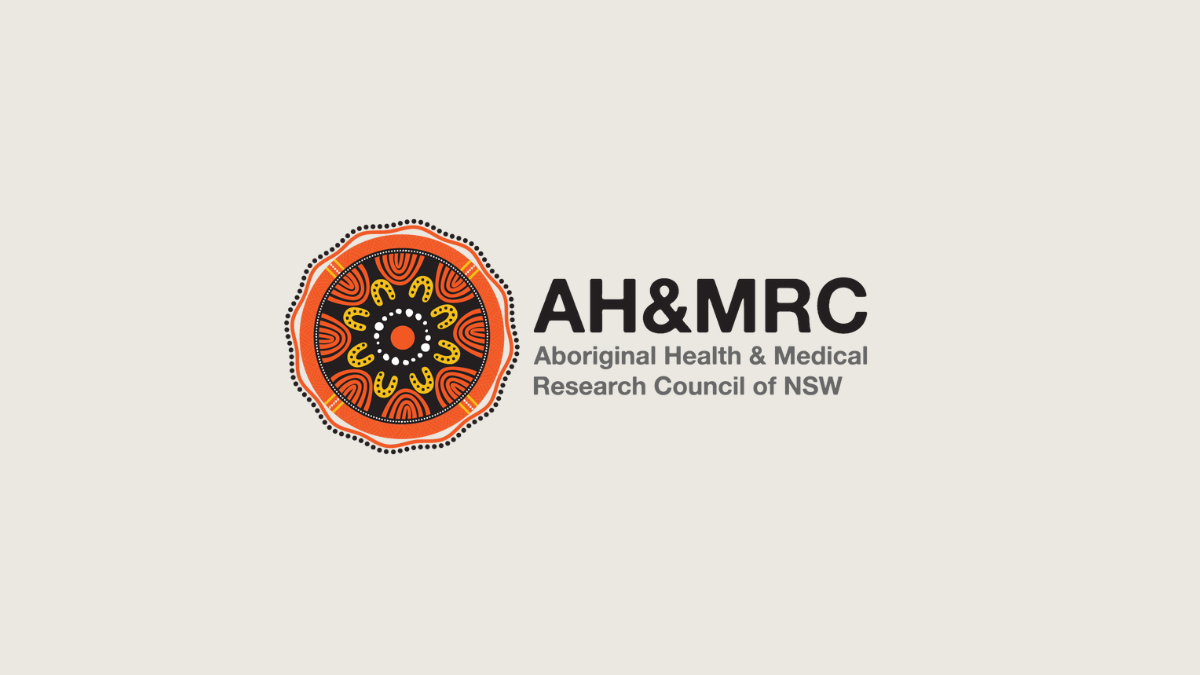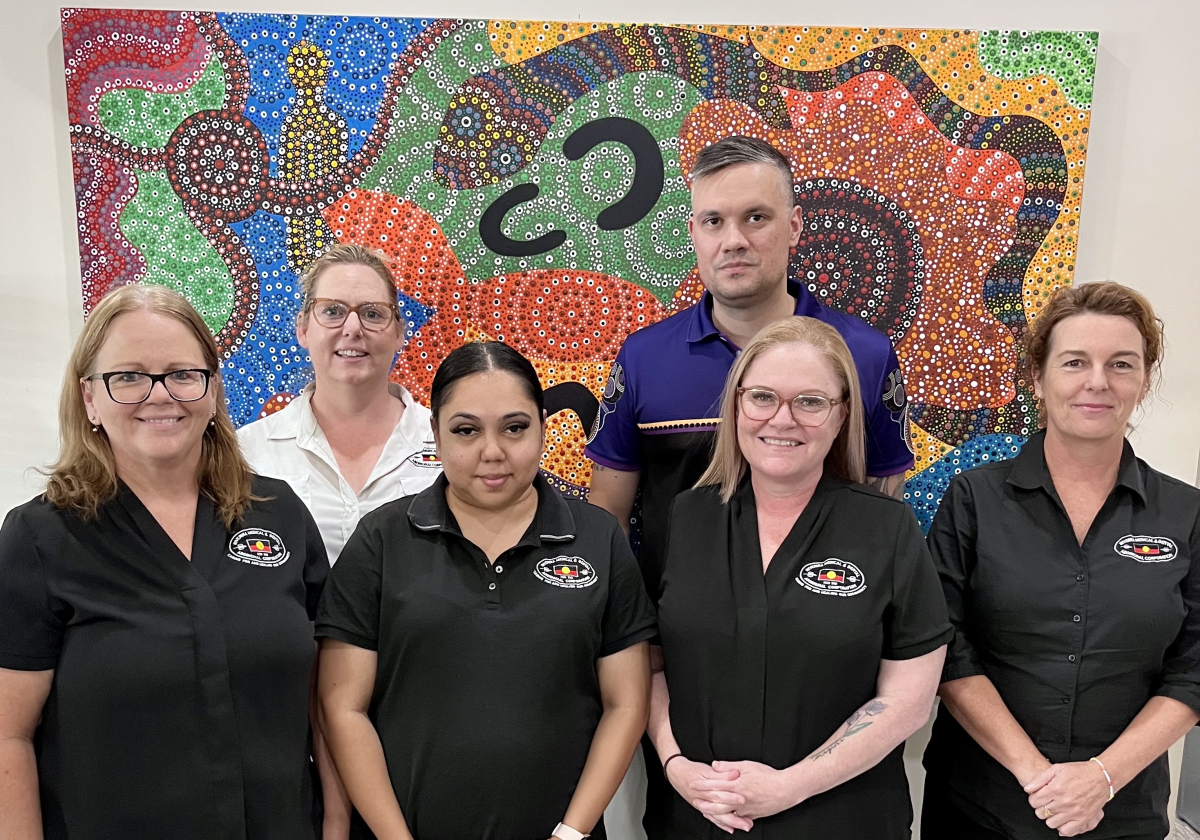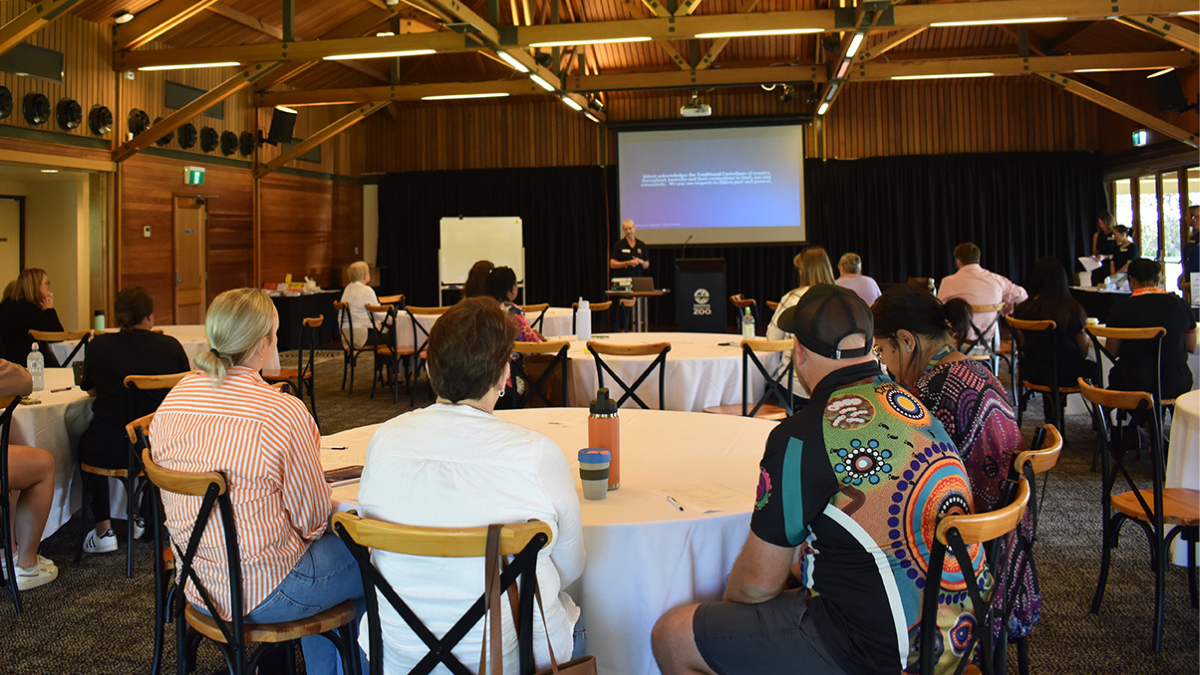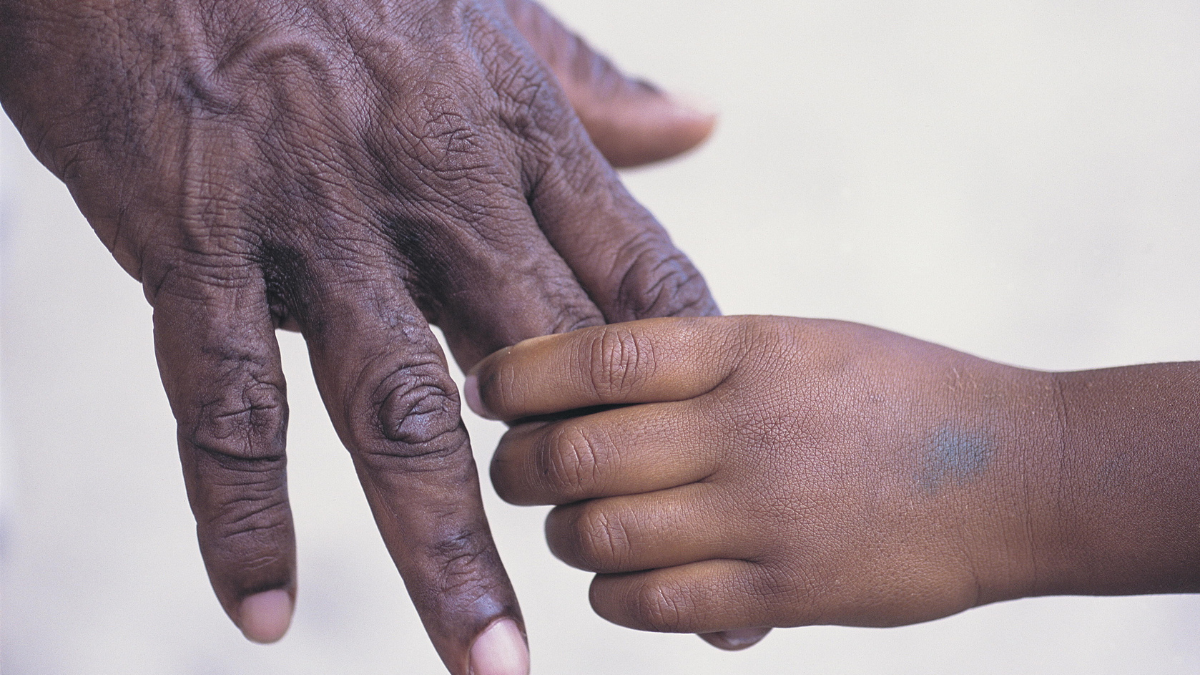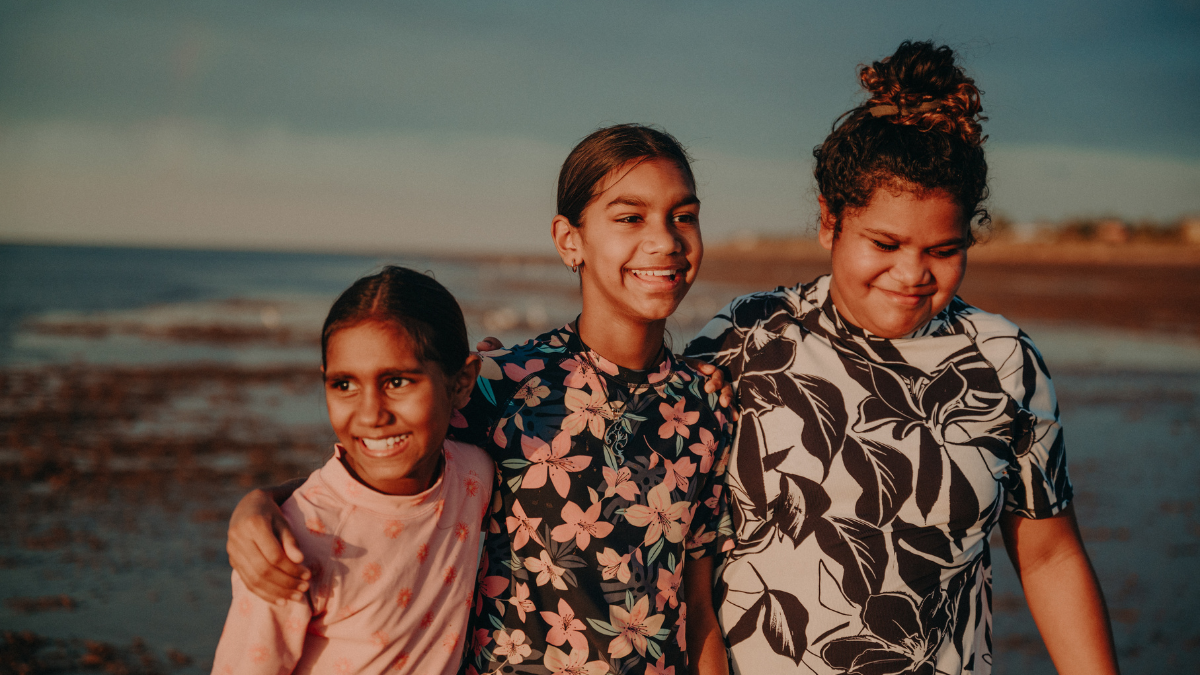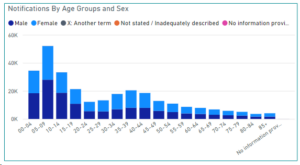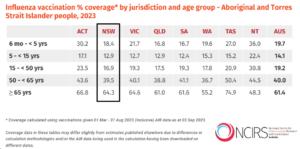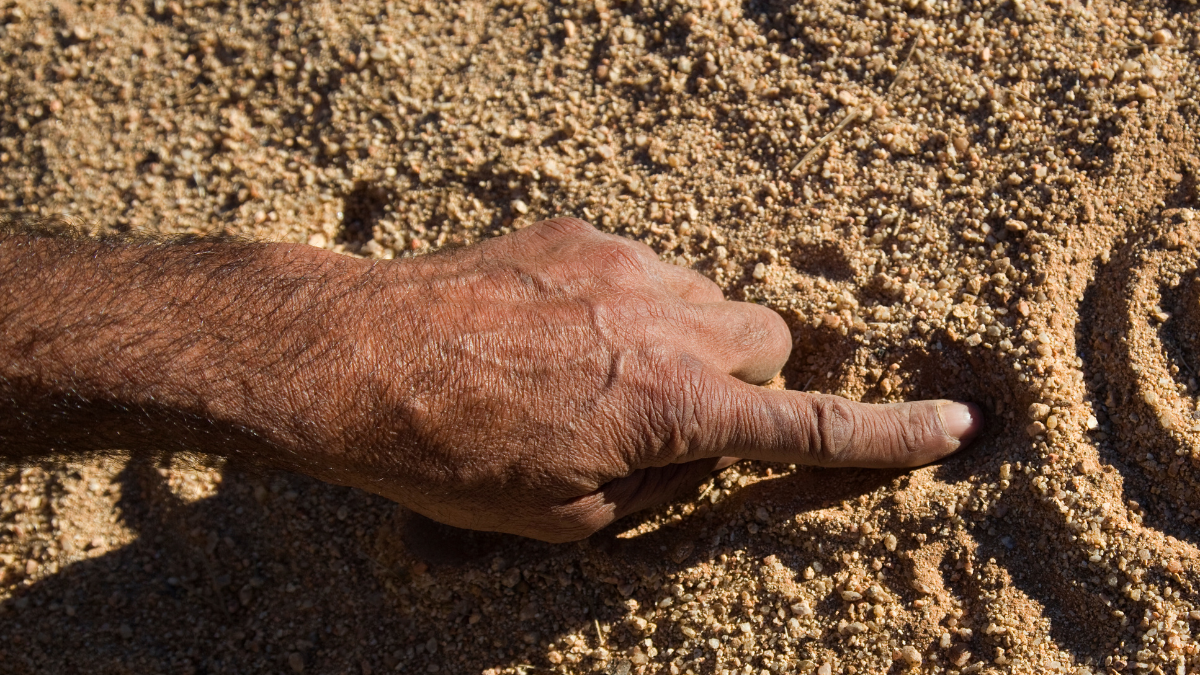An Aboriginal medical provider in regional New South Wales is celebrating their return to delivering culturally safe out-of-home care services for local Indigenous kids.
Riverina Medical and Dental Aboriginal Corpora5on (RivMed) in the Wagga Region of the state recently had its accreditation reinstated after it was deferred due to operational policy and procedure shortfalls in 2022 with Office of the Children’s Guardian, Department of Communities and Justice and AbSec (NSW Child, Family and Community Peak Aboriginal Corporation) intervention.
At the time, 54 children in care supported by RivMed case management were transitioned into the care of other organisations.
A performance improvement plan was later developed with OCG, DCJ and AbSec involvement.
In January, the state’s Children’s Guardian Steve Kinmond reinstated RivMed’s accreditation.
The service has since strengthened it’s holistic out of home care model with cultural support plans with a culturally safe and centred approach at focus.
“We are now actively working with non-Aboriginal government organisations to transition Aboriginal children and cases to our dedicated team of First Nations staff, skilled in delivering effective foster care case management and support services,” RivMed chief executive Peta Larsen said.
“Through our model of care, Aboriginal children and their carers will receive culturally appropriate support with access to culture and community to help develop children’s positive self-identity, encourage healing, and maintain a sense of belonging, especially for those who have been disconnected from their immediate family.”
Ms Larsen said the reinstated accreditation was a testament to the body’s determination to providing for their community.
In a letter, Mr Kidmond confirmed the breadth to their service delivery.
“Given the improvement in systems and practice demonstrated by RivMed, I have removed the additional conditions previously imposed on RivMed,” he said, via a RivMed release.
“This includes the condition requiring RivMed to engage an external consultant with reportable conduct expertise and the condition limiting the number of children and young people to whom RivMed may provide statutory out-of-home care services to.
“I have informed the Department of Communities and Justice that there are no longer any restrictions imposed by my office on the number of children and young people who may be placed with RivMed.”
RivMed has operated in the Wagga region since 1988.
Source: www.nit.com.au


